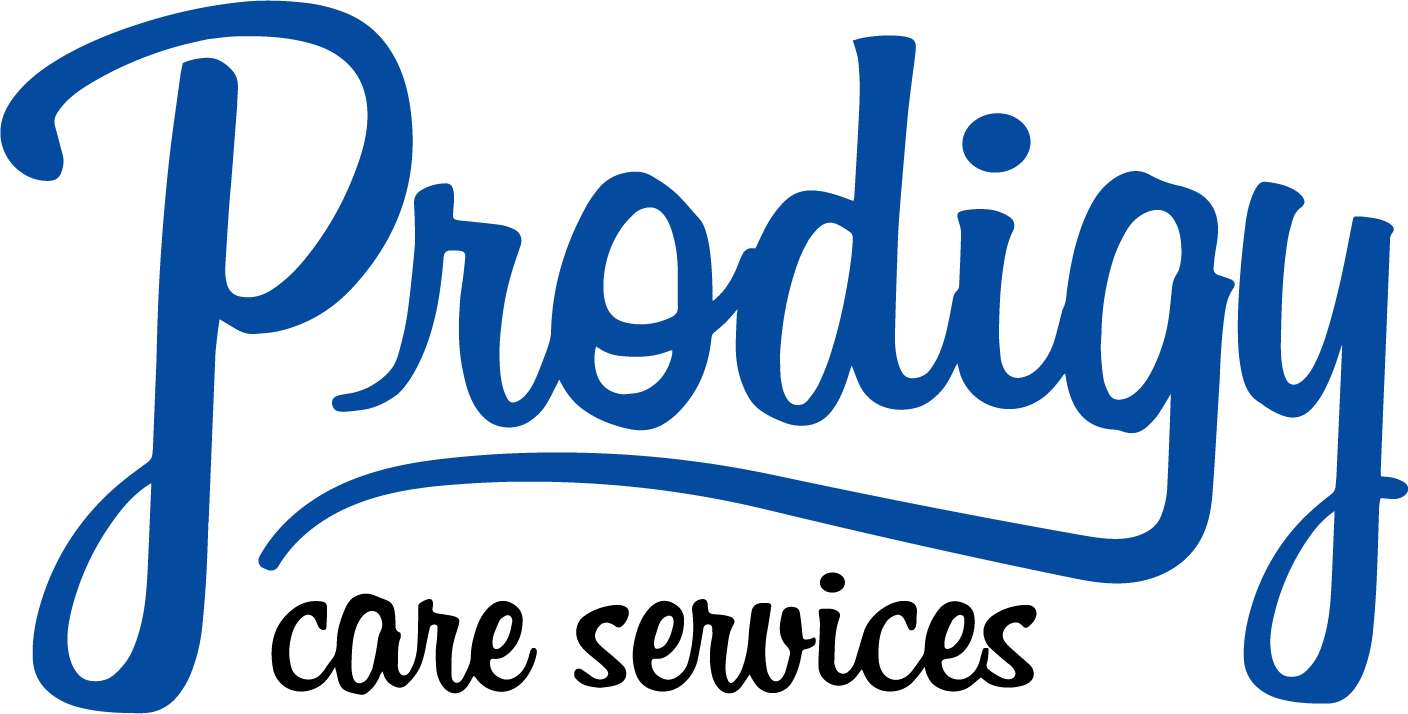The Pill to Pay: Why Medication Adherence is the Hidden Lever in Workers’ Comp Recovery
In the intricate machinery of recovery, medication is more than a prescription—it’s propulsion. Yet all too often, that fuel is left untapped. When injured workers skip or stray from their medication plans, it’s like trying to fly a plane with one wing—recovery stalls, complications climb, and costs take off.
Adherence: The Unsung Hero of Healing
Medication adherence refers to whether patients take their medications exactly as prescribed—right drug, right dose, right time, right duration. It’s the thread that stitches together a successful recovery. And when that thread frays, outcomes unravel.
In workers' comp, adherence is often the silent saboteur behind extended claims, repeat visits, and runaway costs. It’s why Prodigy PharmDs use tools like Medication Therapy Management (MTM)—which helps optimize medication use—and metrics like Proportion of Days Covered (PDC)—which tracks how consistently patients refill and take their meds—to evaluate and improve adherence rates.
Each missed dose isn’t just a skipped pill—it’s a missed opportunity for progress. Poor adherence costs the U.S. healthcare system up to $300 billion annually and takes 125,000 lives each year.
What Trips the Switch? Common Barriers to Adherence
Even the best treatment plan can be derailed by real-world roadblocks. Injured workers face a perfect storm of barriers:
Mental fog: Anxiety, PTSD, or depression can make it hard to remember—or care about—a medication routine, especially when relief isn’t immediate.
Muddled messaging: When patients don’t understand why a medication matters, adherence becomes optional instead of essential.
Side-effect sabotage: Nausea, dizziness, fatigue—when the cure feels worse than the condition, patients are quick to opt out.
Financial friction: High costs force tough choices. Skipping pills becomes a budgeting tactic—not a health strategy.
Timing trouble: Life doesn’t always follow a dosing schedule. Complex regimens get buried under daily chaos.
Why Payers Should Pay Attention
Adherence isn’t just a clinical checkbox—it’s a strategic lever. When workers stick to their regimens:
Recovery accelerates—workers heal and return to work faster.
Claims shrink—both in cost and duration.
Outcomes improve—avoiding costly detours like ER visits or re-hospitalizations.
In short: adherence turns potential pitfalls into predictable progress.
Building a Better Adherence Mousetrap
So, how do we help patients stay on track? Start by meeting them where they are—and smoothing the path forward.
Simplify the script: Whenever possible, consolidate medications or switch to simpler dosing schedules. Complexity kills consistency.
Educate to empower: Use plain language, visuals, and the “teach-back” method to ensure patients really get it.
Support with tools: From low-tech pill boxes to smart apps, medication reminders keep recovery on autopilot.
The Takeaway
When it comes to recovery, there’s a steep pill to pay for non-adherence—and it’s payers who foot the bill. But with smarter systems, clearer communication, and frameworks like MTM and PDC guiding the way, we can flip the script. Medication adherence shouldn’t be a gamble—it should be a given.
By Julia Bieurance
PharmD Candidate (P4)
For questions, e-mail pharmd@prodigyrx.com
Sources
https://www.ahajournals.org/doi/10.1161/circulationaha.108.768986https://www.heart.org/en/health-topics/consumer-healthcare/medication-information/medication-adherence-taking-your-meds-as-directed#:~:text=Poor%20medication%20adherence%20takes%20the,emergency%20department%20visits%20and%20hospitalizations.https://www.ama-assn.org/delivering-care/physician-patient-relationship/8-reasons-patients-dont-take-their-medicationshttps://pmc.ncbi.nlm.nih.gov/articles/PMC3191684/https://pmc.ncbi.nlm.nih.gov/articles/PMC9498383/#:~:text=Improving%20providers'%20and%20patients'%20education,community%20organizations%20could%20drive%20adherence.https://pmc.ncbi.nlm.nih.gov/articles/PMC10124684/https://pmc.ncbi.nlm.nih.gov/articles/PMC7646472/


